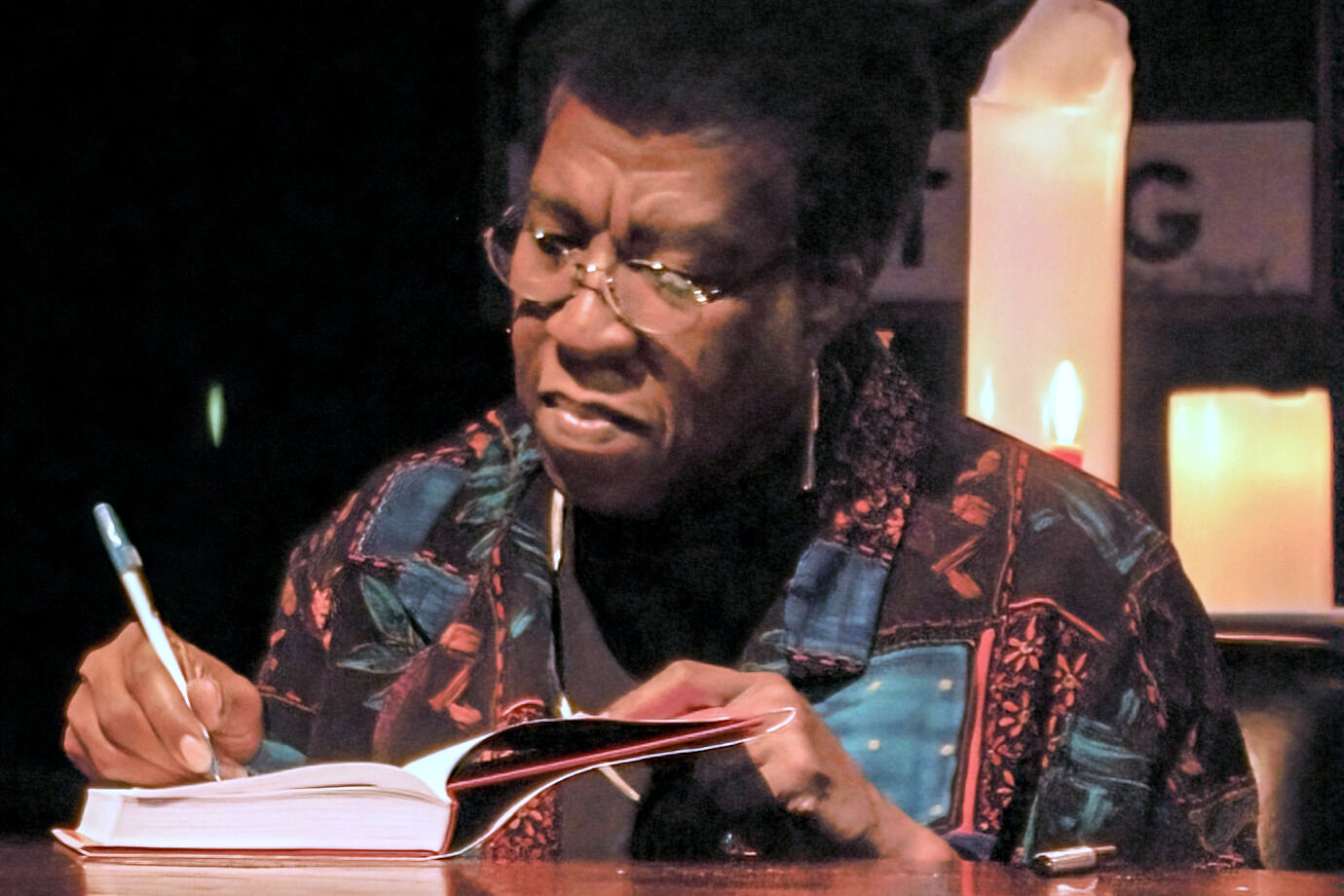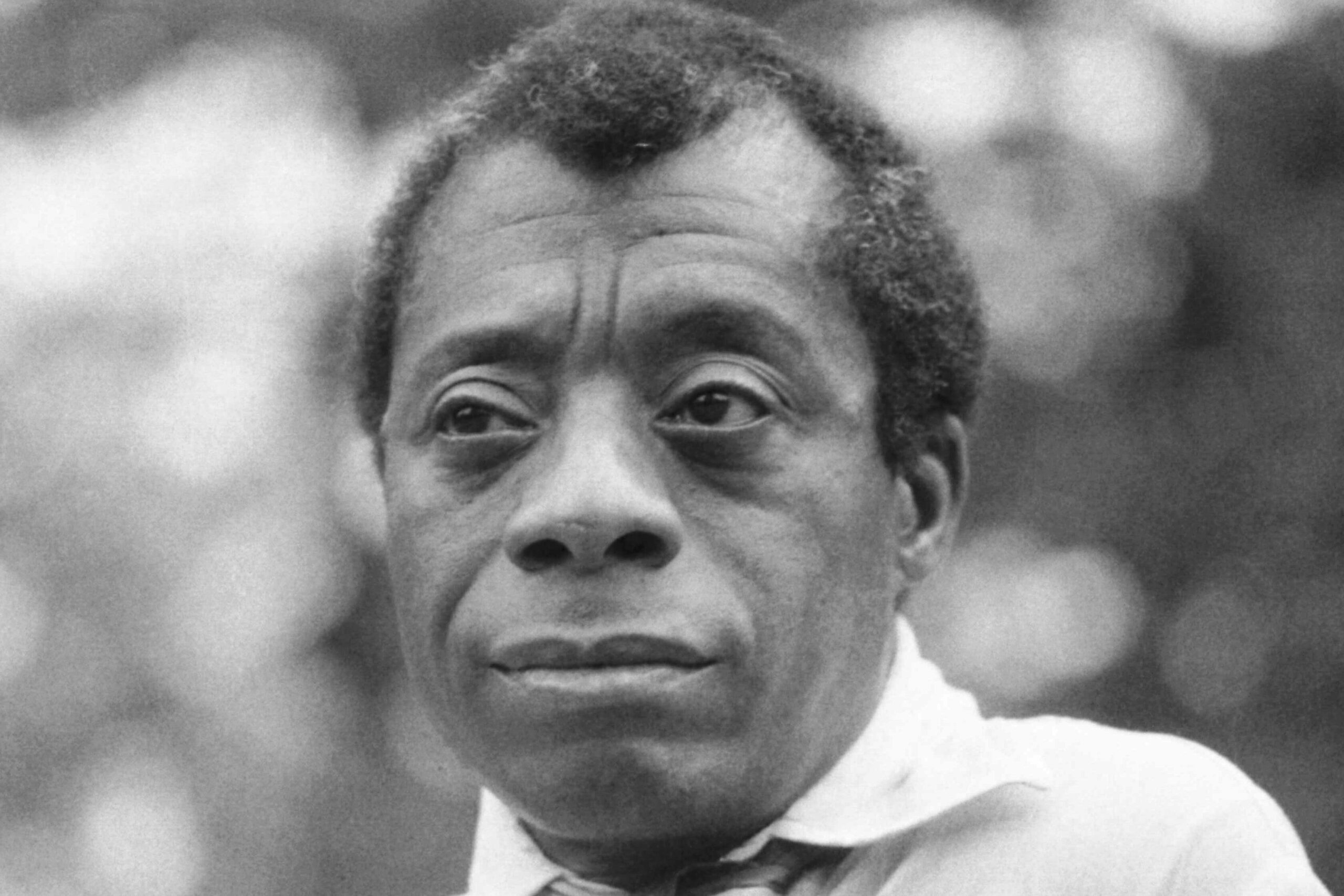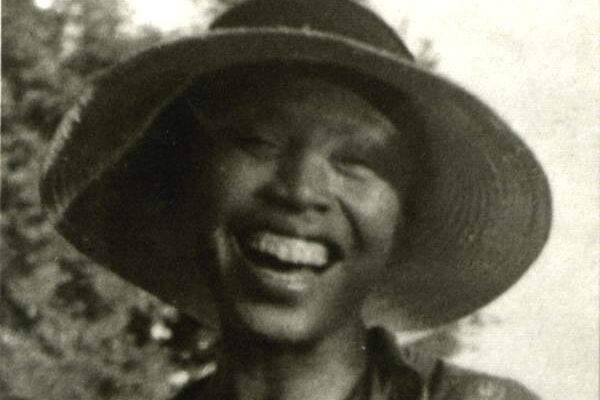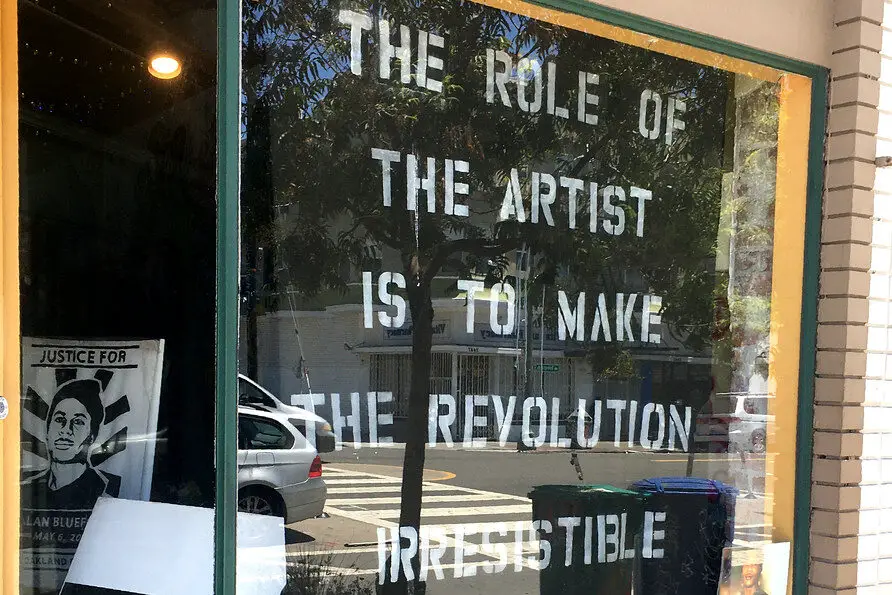1. Octavia Butler

Octavia Butler didn’t just write science fiction—she revolutionized it. At a time when the genre was overwhelmingly white and male, she carved out a space for herself with stories that blended sci-fi, Afrofuturism, and deeply human themes. Her breakthrough novel, Kindred (1979), follows a modern Black woman who gets transported back to the era of slavery, forcing readers to confront history in a way they never had before. Butler’s works tackled racism, gender, and power dynamics with an intensity that made them impossible to ignore. She didn’t just predict the future—she helped shape the way we think about it.
Despite facing rejection early in her career, she persisted, becoming the first science fiction writer to receive a MacArthur “Genius” Grant. Her Parable series, which eerily foreshadowed many modern social and political issues, remains one of the most chilling and relevant dystopian sagas ever written. Butler wasn’t just telling stories—she was issuing warnings about where society was headed. Her influence can be seen everywhere, from contemporary Afrofuturism to the works of authors like N.K. Jemisin. If you haven’t read Kindred, consider this your sign to fix that immediately.
2. James Baldwin

James Baldwin wasn’t just a writer—he was a force of nature. His essays, novels, and speeches laid bare the realities of race, sexuality, and identity in America with an honesty that still stings today. His novel Go Tell It on the Mountain (1953) was a semi-autobiographical look at growing up Black and queer in Harlem, while The Fire Next Time (1963) shook the nation with its blistering critique of racism. Baldwin had a way of getting under your skin, forcing readers to confront uncomfortable truths about the world and themselves says Britannica.
Though he spent much of his life in France, his heart was always with the fight for justice in the U.S. He was close friends with figures like Martin Luther King Jr. and Malcolm X, yet never fully aligned with any one movement—his role was to observe, to challenge, and to speak the truth as he saw it. His writing was lyrical yet sharp, compassionate yet unflinching. Today, his work remains as relevant as ever, with his words still circulating in discussions about race and justice. If you haven’t read The Fire Next Time, it’s time to see why his voice still echoes so loudly.
3. Zora Neale Hurston

Zora Neale Hurston was the kind of writer who made language dance. Best known for Their Eyes Were Watching God (1937), she captured the beauty, pain, and resilience of Black life in the South with a voice that was all her own. Her use of dialect, rich storytelling, and deep understanding of folklore made her work unique—and, at the time, controversial. While other writers of the Harlem Renaissance were focused on racial struggles, Hurston often wrote about Black life on its own terms, full of love, humor, and humanity.
Despite her brilliance, she struggled for recognition in her later years, dying in relative obscurity. It wasn’t until Alice Walker revived interest in her work in the ’70s that she got the credit she deserved. Today, Their Eyes Were Watching God is a staple in classrooms, and her influence can be seen in countless Black women writers who followed. Her fearless storytelling and celebration of Black culture left a lasting mark. If you’ve never read her work, you’re missing out on one of the most powerful voices in American literature.
4. Toni Cade Bambara

Toni Cade Bambara might not be as widely known as some of her peers, but she was every bit as important. A writer, activist, and filmmaker, she captured the vibrancy of Black communities with a warmth and authenticity that few could match. Her short story collection Gorilla, My Love (1972) is a masterclass in voice, featuring sharp, funny, and deeply insightful tales of Black life. She believed in the power of storytelling as a form of activism, using her work to uplift and empower.
Her novel The Salt Eaters (1980) explored mental health, healing, and spirituality in a way that was groundbreaking at the time. Bambara wasn’t just writing for the sake of art—she was writing for change, for justice, for the survival of her people. She also worked as a documentary filmmaker, highlighting issues affecting Black communities. Though she passed away too soon, her work continues to inspire writers and activists alike. If you want stories that feel alive with energy and purpose, she’s an author you need to know.
